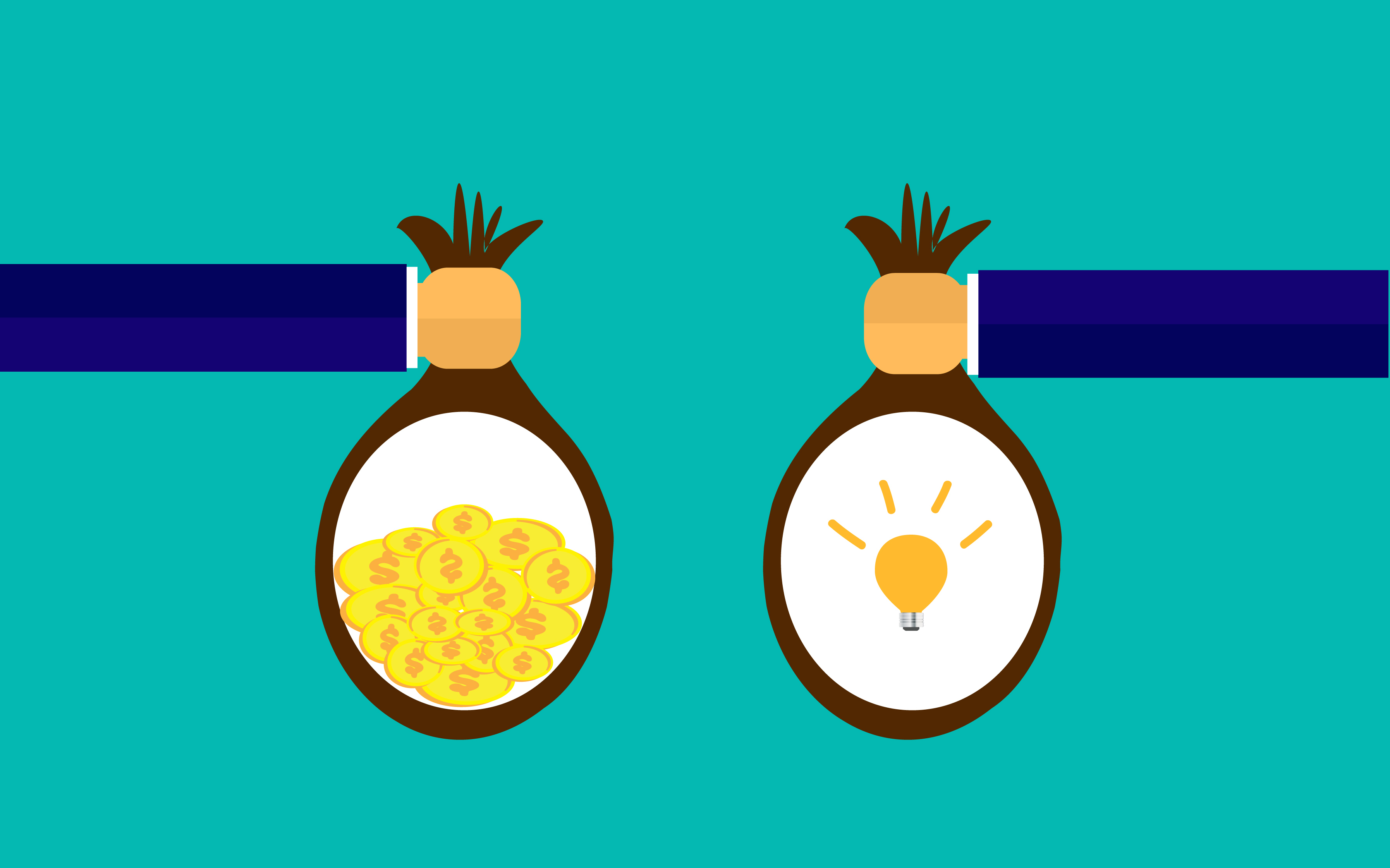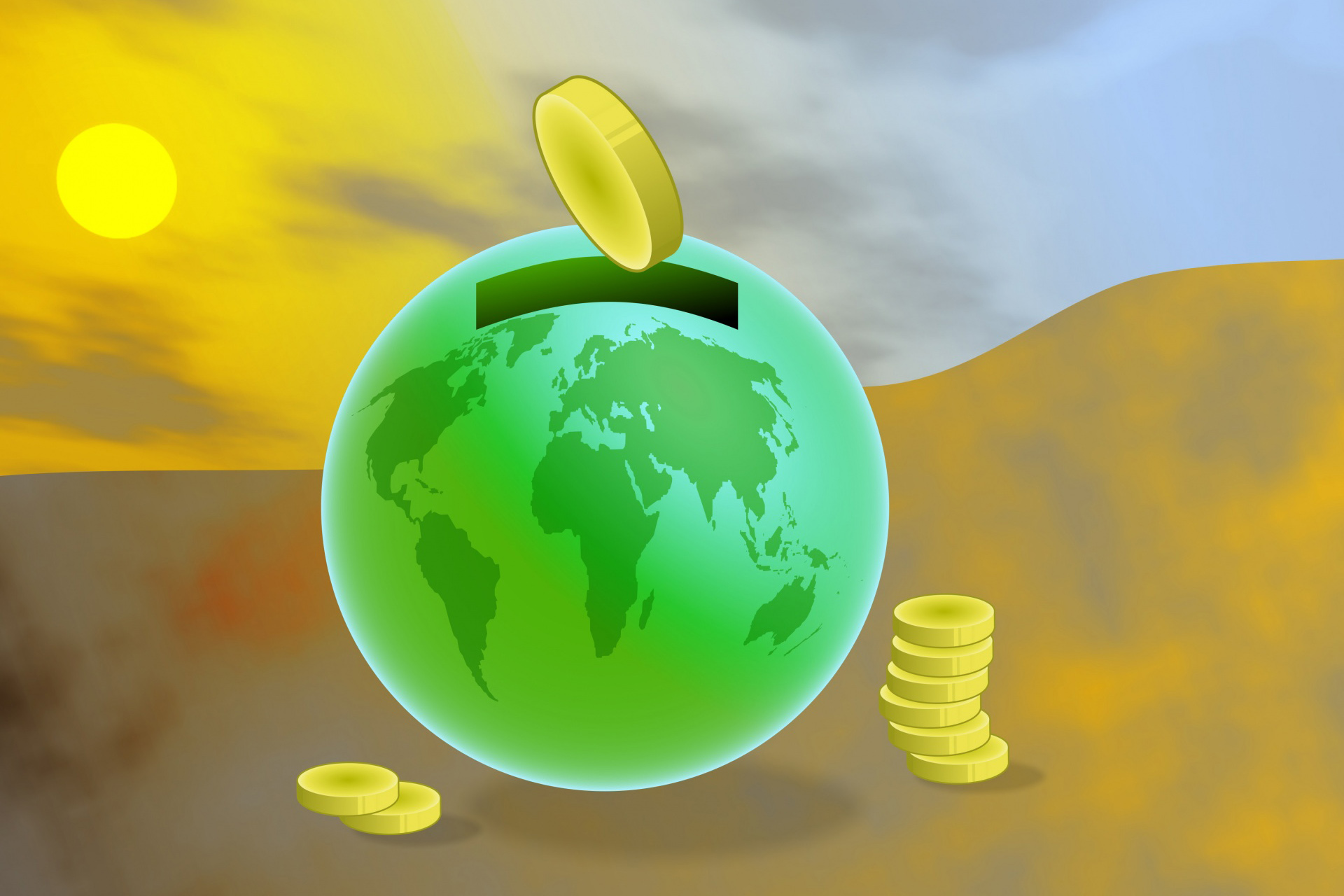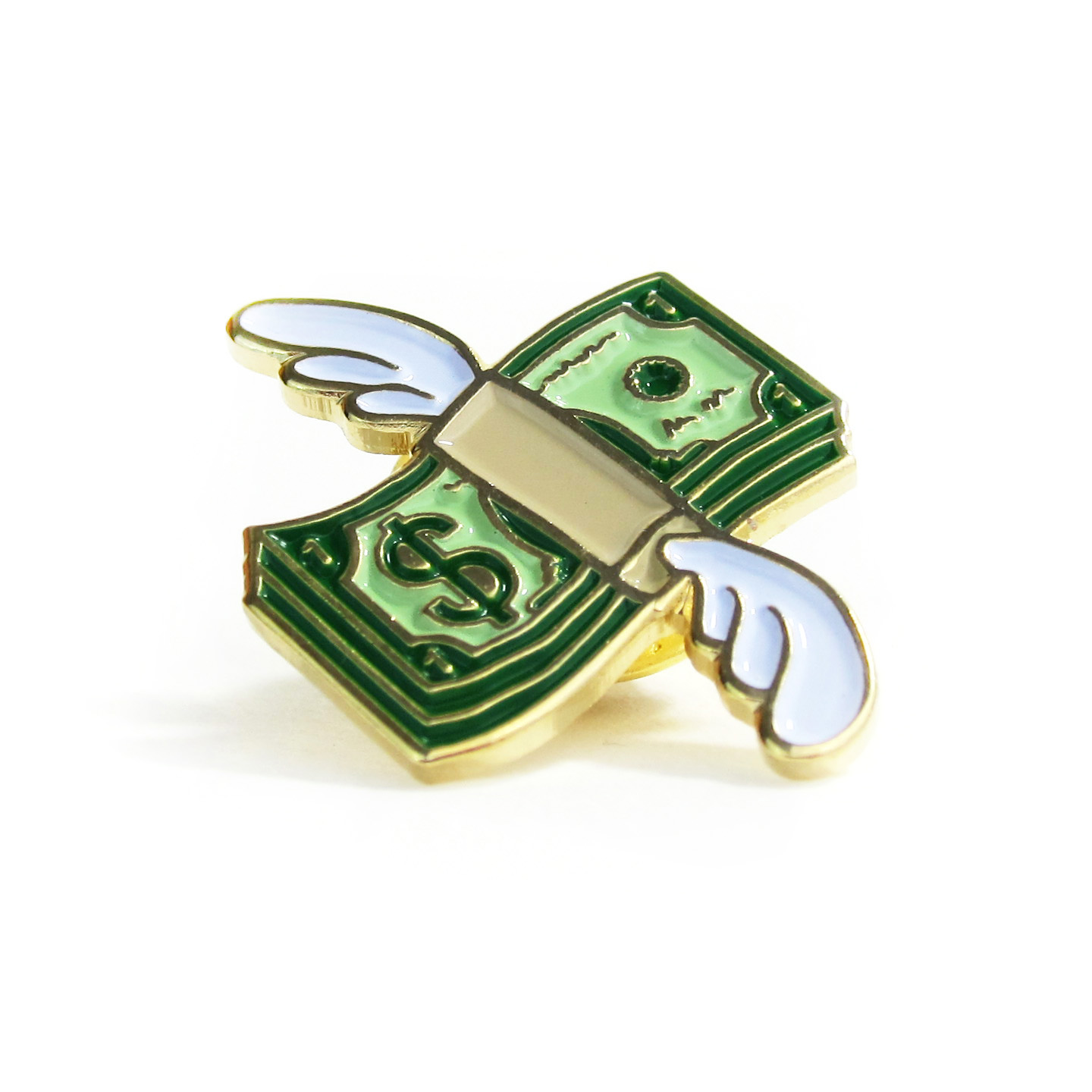The Organizational Hedge Fund
I hate this theater. I used to think stretch goals were about ambition, about seeing what we could truly achieve if we all just tried a little harder. What an idiot I was. Now I see them for what they are: insurance policies. If we hit 112% growth, Mark gets to stand up and say, “Look, we aimed high, and even though we missed the stretch, 112% is still 12% better than last year!” He takes the win, citing his ‘courageous vision.’ If we hit 92%, he shrugs, points to the slide, and says, “Well, the goal was *aspirational*. We fell short on execution.” We take the loss. The goal itself is just a perfect organizational hedge fund where the employees are the collateral, absorbing the downside risk of unrealistic planning.
Aha Moment: The Clogging Obstacle
It reminds me of the drain snake I had to use at 3 a.m. this morning. The problem wasn’t the water backing up-that was the symptom. The problem was the hairball, the slow accumulation of inevitable, small obstacles and poor decisions that eventually choked the system entirely.
That’s the core contradiction of corporate life, isn’t it? Knowing it’s wrong but doing it anyway because the system rewards compliance,










/four-secrects-to-making-money-58dc88323df78c516216db18.jpg)



/make-money-online-58630a6c5f9b586e02d2b9cc.jpg)
